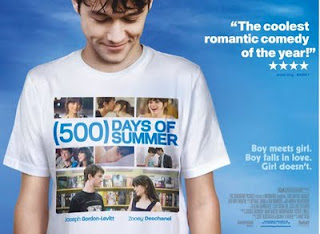Want to get into trouble? Concentrate on new audiences
If I had a quarter for every time I have been asked in my career how I planned on attracting new audiences to an organization, I would be a rich man. On the flip side, I am almost never asked about customer loyalty or retention. The quickest way for an organization to get in trouble from a marketing perspective is to ignore audience retention problems in favor of attracting new audiences. Some common misconceptions: 1. In order to grow, you must attract new audiences. This statement is only true if you are attracting more new audiences than you are losing the audience members you currently have (and even if this is the case, it can be much more expensive...more to come on that point). Many of us are so captivated by the allure of attracting new audiences that we concentrate much of our attention on getting the new ones in the front door while the old ones are running out the back door. A recent study of nine of the most prominent U.S. orchestras conducted by Oliver Wyman showed that ...




